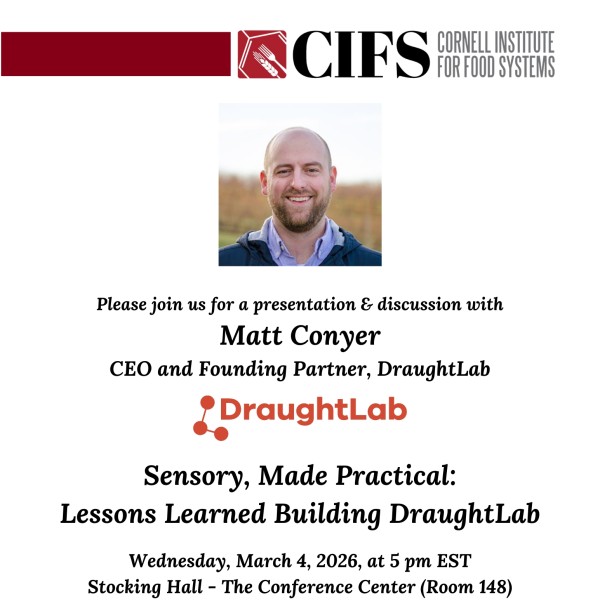Development Sociology field seminar
Existing global water and sanitation data obscures challenges to household access in cities in the global South. In response, this work analyzes water and sanitation infrastructure and service access in 15 cities and selected informal settlements in sub-Saharan Africa, South Asia, and Latin America. In 12 out of 15 cities analyzed, households connected to the municipal piped system receive water intermittently, which compromises quality. Seven informal settlements receive water less than 17 hours a week. Households that lack access to publicly provided water obtain water from alternative sources which can cost up to 52 times as much. In informal and low-income settlements in three cities, Cochabamba, Kampala, and Mzuzu, basic supplies of water appear unaffordable to households with average income. We also find that, while many cities have a proportion of households connected to sewers, none of the 15 cities safely treat and reuse human waste at scale. In the absence of universal access to sewers, on-site fecal sludge management systems place enormous responsibility on households and private providers, and thus require strong local government capacity to regulate and enforce sanitation standards to ensure public health and safety. When sanitation is not affordable, households engage in more risky sanitation practices. Looking forward it will be increasingly difficult for cities to keep pace with the growing demand for water and sanitation services, hence the urgency to change our collective ethos about access to these services and improve modalities of provision now.
About the presenter
Victoria Beard is a professor in Cornell University's College of Architecture. Art and Planning. Her research and teaching focus on comparative urbanization and international development planning. Beard's research focuses on how planners address urban inequality and poverty. In cities in the Global South, communities often plan for themselves, outside of, in collaboration with, and in opposition to formal planning and regulatory frameworks. In response to the limitations of community-based planning, Beard has expanded her work to focus on the city perspective and access to basic services, particularly water and sanitation Opens an external link, and the broader processes that create and sustain city-wide transformation.
Date & Time
May 17, 2021
1:00 pm - 2:00 pm
More information about this event.
Contact Information
Sarah Day
- sd756 [at] cornell.edu
Speaker
Victoria Beard, Professor, Cornell University
Departments
Global Development Section
Related Events

We openly share valuable knowledge.
Sign up for more insights, discoveries and solutions.



